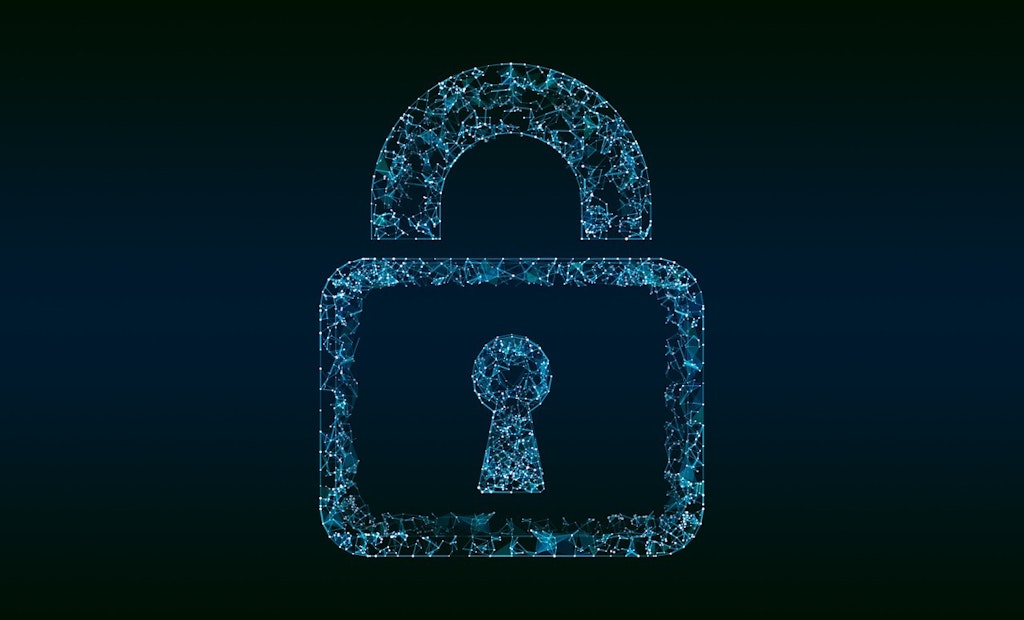The internet empowers small businesses to compete, communicate and collaborate like never before. Sadly, there are also some significant downsides, not least of which is the prevalence of cybercrimes.
Hackers and other malicious parties use ransomware and other scams to steal companies’ confidential information, often using that data as leverage for extortion. The annual cost of cybercrime is in the trillions, and more than 90% of the victims are small-business owners.
Your onsite company may be at risk, but there are a few basic protocols you can enact to keep your data safe and secure.
Keep your hardware and software up to date
Hackers are working day and night to exploit business software, and to find new ways of accessing confidential data. Fortunately, software developers are working just as hard to identify vulnerabilities and to offer patches. Simply by updating your equipment and your software as recommended, you can keep hackers at bay. (That means, when your computer prompts you to install an update, it’s good to do so sooner rather than later.)
Use strong passwords
Sometimes, hackers don’t need to work very hard to breach small business computers or cloud storage files. If your password is abc123, then you’re essentially a sitting duck. Randomized passwords can be frustrating and may require you to write them down so you don’t forget, but they can really be essential for keeping your data safe.
Educate team members
A majority of small-business data breaches can be traced to simple user error. Often, it’s the result of employees opening an email attachment they shouldn’t, using a weak password, or accessing work files from unsecured networks. Taking the time to educate employees and provide some basic cybersecurity resources can go a long way.
Ensure data backups
Do you have your important files backed up somewhere safe and secure? Maintaining copies of important files can prevent you from being a victim of extortion. And it helps you recover from a data loss with minimal trouble or expense.
Minimize system access
Who has permission to access your business’ secure data? Generally speaking, that needs to be a fairly small list of people. The more people that have access to sensitive files, the more danger your company faces from hackers and cybercriminals.
Dispose of old devices properly
Have an old work phone or laptop that you’re ready to get rid of? Don’t just dump it. Make sure you have the hard drive wiped completely. Otherwise, it could provide hackers with backdoor access to your important data and files.
Take smart steps toward cybersecurity
These days, pretty much all businesses are online, and while that brings opportunity, it also presents risk. Thankfully, there are simple steps you and your employees can follow to mitigate that risk, and to be sure that important business documents, financial data and customer records are safe and sound. Make sure your business puts a cybersecurity plan in place ASAP.
About the author
Amanda Clark is the president and editor-in-chief of Grammar Chic, a full-service professional writing company. She is a published ghostwriter and editor, and she's currently under contract with literary agencies in Malibu, California, and Dublin. Since founding Grammar Chic in 2008, Clark, along with her team of skilled professional writers, has offered expertise to clients in the creative, business and academic fields. The company accepts a wide range of projects; often engages in content and social media marketing; and drafts resumes, press releases, web content, marketing materials and ghostwritten creative pieces. Contact Clark at www.grammarchic.net.






